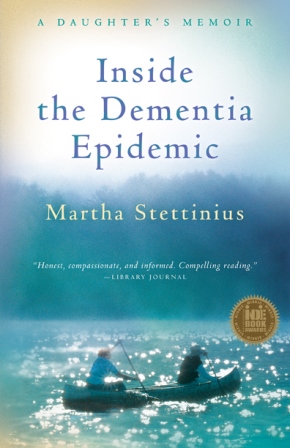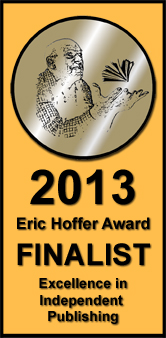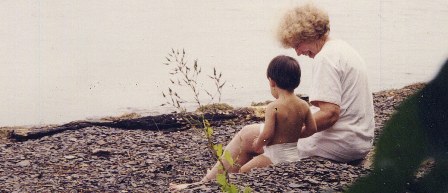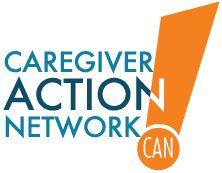When the End of Life Comes Quickly: Finding Support as a Family Caregiver
 Friday, June 14, 2013 at 05:31PM
Friday, June 14, 2013 at 05:31PM My mother, Judy, passed away in December with advanced dementia, and looking back, I wish I had a “community of care” in place for myself before her sudden decline over four days. As caregivers we think so much about our loved ones’ quality of life that it’s difficult to think about what their death might look like, and how we might want to feel supported as caregivers during our final vigil.
Over the 8 years I cared for my mother in my home, assisted living, a “memory care” facility, and a nursing home, I knew how important it was to reach out for support as a caregiver. My favorite source of support was the caregiver group at my local Office for the Aging. I thought I was well-informed and prepared for Mom’s end of life—she had a Living Will, and I knew she didn’t want CPR, a feeding tube, or other invasive procedures. I was taken by surprise, however, by the toll her last days would take on me physically and emotionally.
One day in late November Mom was fine, holding my hand by the nursing home Christmas tree, and the next day she was sent to the hospital at 3 a.m. with difficulty breathing, diagnosed with congestive heart failure. It got worse quickly. After I fed her a pureed breakfast, she vomited and aspirated the vomit, which the nurses in the hospital could not completely suction out of her throat. By the time Mom arrived back at the nursing home she was in severe distress. It took two hours for morphine to ease her breathing and heart rate. (I’m still upset that the doctors and nurses in the hospital did not realize that Mom needed morphine before she was transported.)
Over the next few days my husband Ben took time off from work to sit with me and drive back and forth between the nursing home and our two teenagers at home. A neighbor in our cohousing village sent out an email asking people to bring meals to our home (which they continued for a week after Mom died). A couple of friends came to keep us company in the nursing home and to say good-bye to Mom, but most of the time Ben and I were alone in Mom’s room. I was too exhausted to make a lot of phone calls or invite others to join us. Hospice, which I arranged as soon as Mom returned to the nursing home, could be there only an hour or two a day.
Some of the nurses in the nursing home were compassionate and responsive, while others I had to chase down for morphine. I found it particularly difficult to know if what Mom was experiencing was normal or not—if I should worry about the foam in her mouth, the seizures, or the temperature of 105. In her last two days she seemed at peace, but my nerves remained on high alert. The night before Mom died I went home completely spent, and fell into a deep sleep while Ben stayed at her side until 2 a.m. At 8:00 a.m. I got a call that Mom had passed. We drove back to the nursing home to say good-bye.
Being fully present at a loved one’s deathbed will use every ounce of your physical and emotional energy. Let others know ahead of time that you may need them to come and be with you, to hold your hand, offer a hug, bring food, or take your place at the bedside for a few minutes as you take a break. Perhaps a family member or friend could set up a phone tree for you (or a webpage on Lotsa Helping Hands) so you only have to make one initial call to alert your care community that another critical time for help has arrived. As you invite more friends and family members to support you in those final days, not only are you protecting your own health and energy, you are helping your loved one have a better death.


















Reader Comments (2)
I went through a similar scenario before my husband and soulmate died...thinking I was informed and ready was a myth..even with my professional background. I am sorry for you, myself, and so many whose end of life is less than peaceful because in part of our medical system.
Hi Mary. Thank you for writing a response to my blog post about end of life planning. I didn't see your comment until now, so please accept a belated thank you. Martha